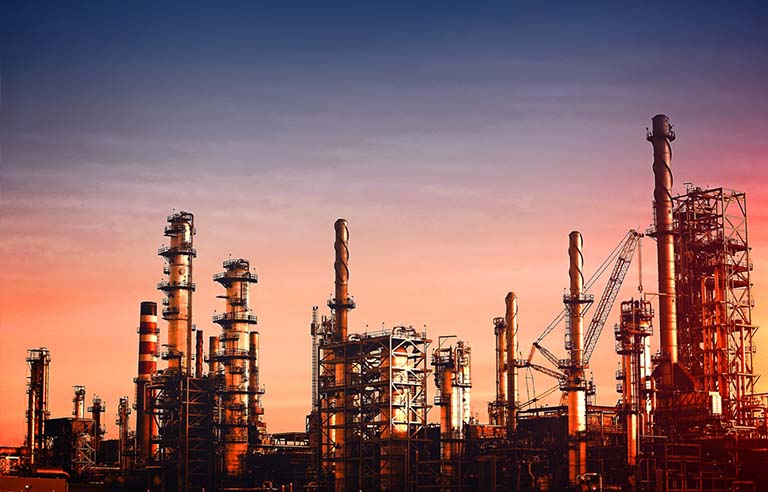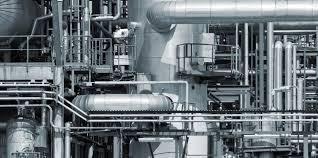

By the end of this training course, the participants will be able to:
The training course is suitable to a whole range of professionals but will greatly benefit:
The training course will be conducted along workshop principles with formal lectures and interactive worked examples included in several workshops. Presented also will be several illustrative and instructive videos. The emphasis in the course will be on the explanation of all technical points and providing answers to problems that are encountered in everyday industrial practice related to operation and maintenance, as well as repair and alterations of pressure equipment.
Each learning point will be reinforced with practical examples. There will be ample opportunities for active discussion and sharing professional experiences and exchange that will help solidify the gained knowledge. All course materials will be provided.
Day One: Stationary Equipment - Technical Characteristics & Operational Safety
Competency Description: Familiarization with technical & safety characteristics of stationary pressure equipment
Key points
Topics to be covered
Day Two: Rotating Equipment - Operation, Efficiency & Safety
Competency Description: Understanding of operation & safety of rotating equipment
Key points
Topics to be covered
Day Three: Diagnostics of Equipment Failure & Root Cause Analysis
Competency Description: Ability to diagnose symptoms of equipment failures
Key points
Topics to be covered
Day Four: Inspection, Monitoring & Mechanical Integrity Evaluation
Competency Description: Understanding of steps in monitoring and inspection procedures
Key points
Topics to be covered
Day Five: Maintenance & Repairs Organization & Management
Competency Description: Familiarization with organization of maintenance & repairs
Key points
Topics to be covered
BTS attendance certificate will be issued to all attendees completing minimum of 80% of the total course duration.
| Code | Date | Venue | Fees | Register |
|---|---|---|---|---|
| MI174-01 | 21-06-2026 | Manama | USD 5450 | |
| MI174-02 | 09-08-2026 | Cairo | USD 5450 | |
| MI174-03 | 12-10-2026 | Istanbul | USD 5950 | |
| MI174-04 | 13-12-2026 | Dubai | USD 5450 |
.jpeg)
This is an introductory course to provide the basic understanding of the proper use and interpretation of ASME Section IX - Welding Qualifications Code and its related ASME construction codes. To acco ...

This course provides an overview of code organization, editions and addenda. The candidates will learn how to prepare and submit an inquiry to the Code Committee for Code Interpretation, Code Cases or ...

Understanding codes & regulations governing design, maintenance & operation of HVAC Equipment and Systems is a must for all individuals who have interest in and working with HVAC systems. Proper desig ...
Providing services with a high quality that are satisfying the requirements
Appling the specifications and legalizations to ensure the quality of service.
Best utilization of resources for continually improving the business activities.
BTS keen to selects highly technical instructors based on professional field experience
Since BTS was established, it considered a training partner for world class oil & gas institution
1st floor, Incubator Buildingو Masdar City, Abu Dhabi, UAE
Sun to Fri 09:00 AM to 06:00 PM
Contact Us anytime!
Request Info